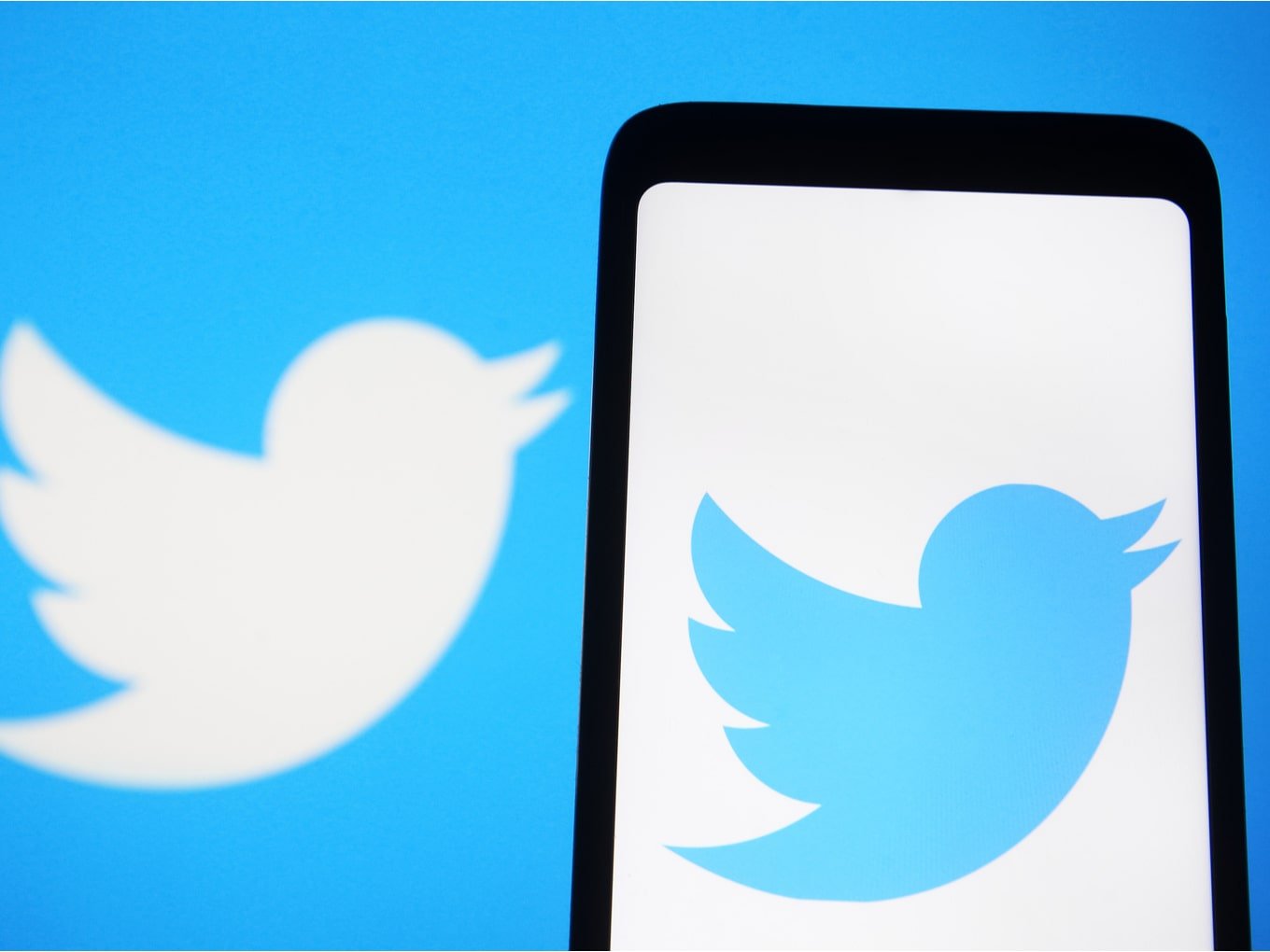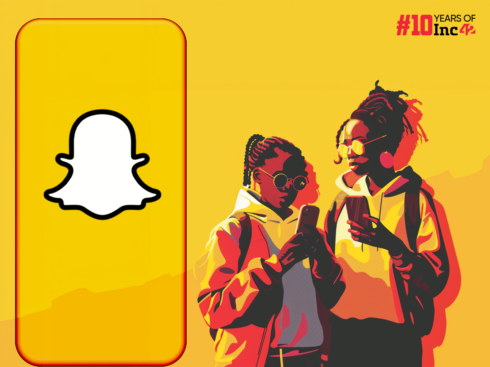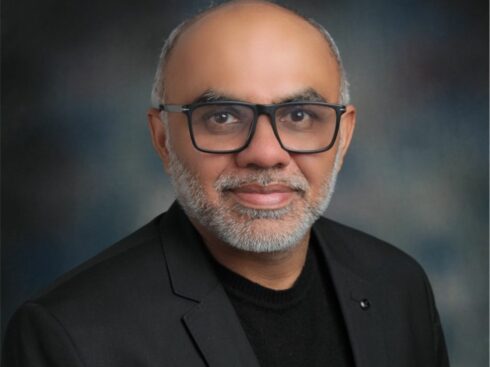
SUMMARY
In a series of tweets on June 16, Prasad accused Twitter of being partial when it comes to censoring manipulated media and fake news.
Following the IT minister's comments, a Twitter spokesperson said that the company is already in touch with the Ministry of IT regarding compliance with the new laws
The new IT rules impact the way users interact with social media platforms and raises the compliance burden on those social media platforms.
India’s IT minister Ravi Shankar Prasad on Wednesday lambasted microblogging platform Twitter for defying to comply with the country’s new controversial IT (Intermediary Guidelines and Digital Media Ethics Code) Rules that was enacted on May 26th.
The new intermediary rules or IT rules impact the way users interact with social media platforms and raise the compliance burden on those social media platforms. Apart from them, OTT video streaming and digital publishers are also expected to comply with the new IT laws.
Under the new law, all intermediaries such as Facebook, Twitter, Netflix, Amazon Prime, and others are required to appoint compliance officers including chief compliance officers, resident grievance officers and other employees specifically to deal with the requirements under the law.
Social media platforms like Twitter, Facebook, and YouTube specifically have to take down objectionable content/posts within 36 hours of receiving a complaint from competent authorities under the new laws.
However, Twitter hasn’t complied with many requirements under the new law. For instance, it had declined multiple requests from the government of India to take down tweets and deactivate user accounts.
Non-compliance with the new law means that any platform will no longer hold the intermediary status, and hence those companies can be tried under various legal provisions of the IT Act. Section 79 of the IT Act absolves social media firms of liability of content posted by its users, and this is only granted if the platform fully complies with the new IT law.
On June 16, multiple news outlets quoted unnamed government sources who said that “Twitter cannot seek safe harbour under the new Information Technology Act. in any case field after May 26, Twitter cannot say it is an intermediary and claim exception”
Further reacting to Twitter’s non-compliance with the new laws, Prasad said that “Twitter was given multiple opportunities to comply with the same, however, it has deliberately chosen the path of non compliance”.
In a series of Tweets, Prasad accused Twitter of being partial when it comes to censoring manipulated media and fake news.
“It is astounding that Twitter, which portrays itself as the flag bearer of free speech, chooses the path of deliberate defiance when it comes to the Intermediary Guidelines…Twitter fails to address the grievances of users by refusing to set up processes as mandated by the law of the land. Additionally, it chooses a policy of flagging manipulated media, only when it suits its likes and dislikes,” the IT minister added.’
There are numerous queries arising as to whether Twitter is entitled to safe harbour provision. However, the simple fact of the matter is that Twitter has failed to comply with the Intermediary Guidelines that came into effect from the 26th of May.
— Ravi Shankar Prasad (@rsprasad) June 16, 2021
Following the news reports, and the IT minister’s comments, a Twitter spokesperson said that the company is already sharing information with the Ministry of Electronics and Information Technology on how it plans to comply with the new laws.
“We’re keeping the Ministry of Electronics and Information Technology (MeitY) apprised of progress at every step of the process. The interim chief compliance officer has been retained and details will be shared with the ministry directly soon. Twitter continues to make every effort to comply with new guidelines,” said the Twitter spokesperson in a statement.
Twitter Vs Central Govt
Twitter has been in a long stand-off with the Indian government over its non-compliance with the new IT Rules. Twitter had earlier voiced concerns over “the use of intimidation tactics by the police” and “potential threat to freedom of expression” by the new IT rules. The Indian government had given an ultimatum to Twitter to comply with the rules or face ‘consequences’.
The spat between Twitter and the central government accelerated after Twitter India flagged a tweet by BJP spokesperson Sambit Patra as ‘manipulated media’ on May 21. In that tweet, Patra had alleged Indian National Congress was indulging in a PR exercise by working according to a ‘toolkit’ to amplify the support given to Covid patients in the country. India’s Ministry of Electronics and IT had reportedly asked Twitter to remove the “manipulated media” tag attached to Patra’s post.
A few days after the Indian government’s reported request, Twitter India’s offices in Delhi’s Lado Sarai and Gurugram were raided by a special team of Delhi Police on May 24 evening. Notably, the Delhi Police comes under the jurisdiction of the central government of India, which is led by the BJP. The microblogging platform has also raised redflags over “the use of intimidation tactics by the police”.
Twitter in its recent statement said that it is deeply committed to the people of India and its service has proven vital for public conversation as well as a source of support for people during the pandemic.


























